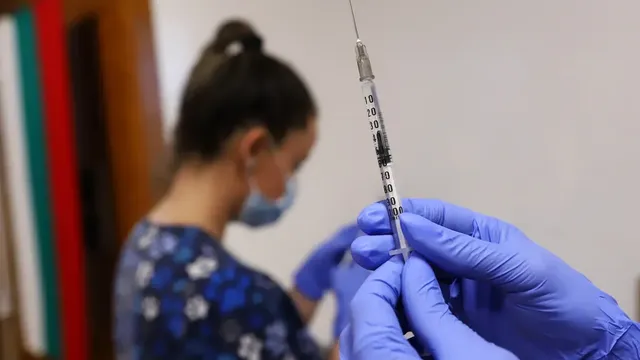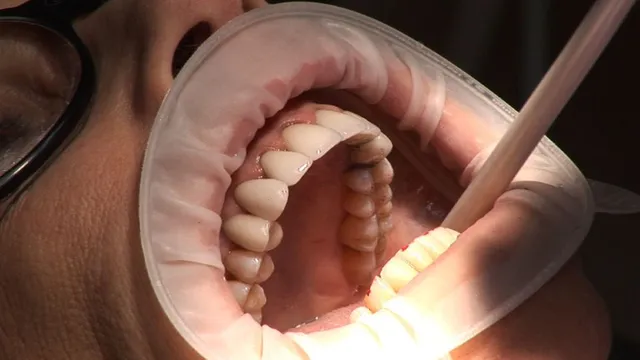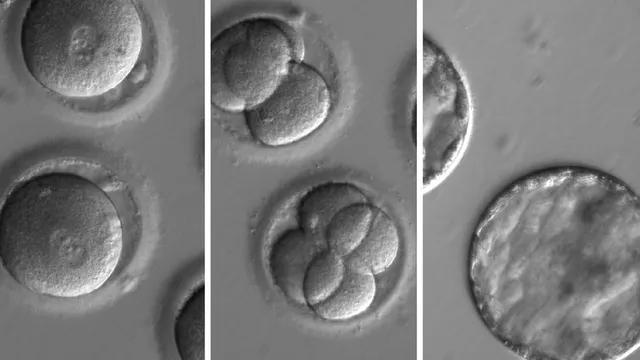A new mRNA vaccine to help fight tuberculosis is being developed by scientists.
The vaccine 'candidate' is part of a successful collaboration between three leading Australian research institutions: the Sydney Institute of Infectious Diseases at the University of Sydney, the Centenary Institute and the Monash Institute of Pharmaceutical Sciences (MIPS) at Monash University.
The only TB vaccine approved so far is Bacillus Calmette-Guerin (BCG). The vaccine contains a weakened form of the bacterium Mycobacterium bovis, which is closely related to the bacteria that cause TB. The vaccine helps the immune system recognise and fight off TB bacteria if exposed to them in the future. It is the most widely used vaccine on the planet, with over 4 billion doses distributed. Yet BCG is an imperfect vaccine whose effectiveness declines as children age into adolescence.
The new vaccine is based on mRNA technology, which uses genetic instructions to trigger an immune response in the body, as opposed to using a weakened or killed version of an infectious agent.
mRNA vaccines are a type of vaccine that use messenger RNA (mRNA) to instruct cells to produce a protein that triggers an immune response. It helps the body recognize and fight off the actual virus or pathogen if it encounters it in the future.
The study showed that the new mRNA vaccine successfully induced an immune protective response that helped reduce the number of TB in infected mice. the researchers also found that in mice that received the BCG vaccine, a booster dose of the new mRNA vaccine significantly improved their long-term protection against the disease. | BGNES

 Breaking news
Breaking news
 Europe
Europe
 Bulgaria
Bulgaria







